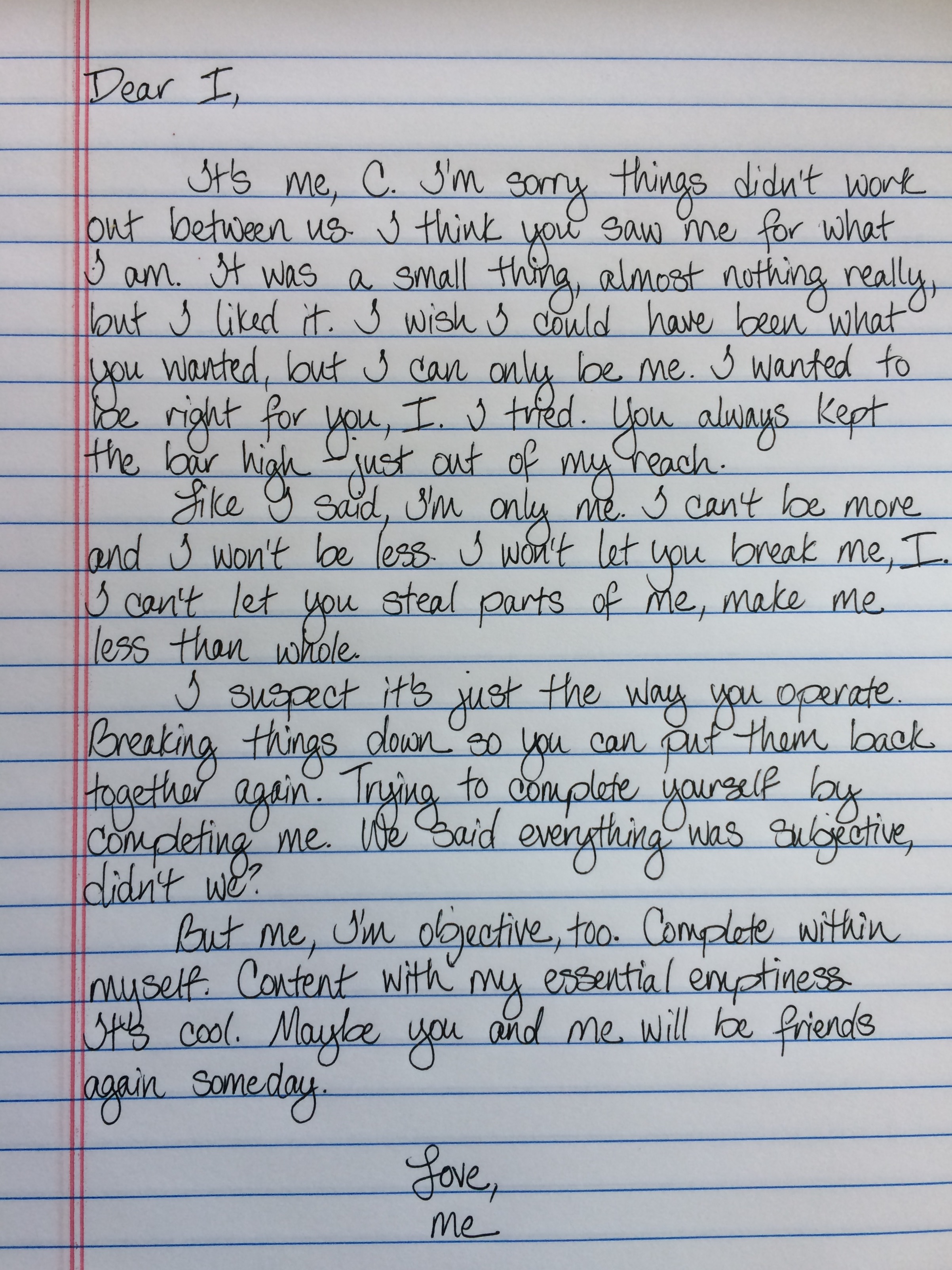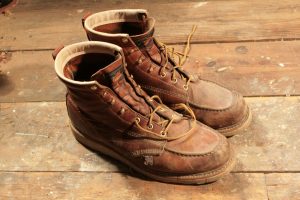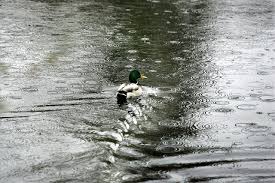A meta-subjective love letter, inspired by Chris Kraus’Â I Love Dick. Enjoy!

A meta-subjective love letter, inspired by Chris Kraus’Â I Love Dick. Enjoy!

Cain has a fondness for Mondays. His eggs arrive on Monday, delivered to his door by a farmer on his way to town. On any given Monday, he receives two dozen fertilized eggs, sometimes as many as three. He welcomes his eggs, greets them warmly, carries them to the cellar door and locks it behind him. Cain’s wife and daughter chalk the egg keeping up to a new hobby; he’s always been sort of an all-rounder. They permit him his eccentricities, as well as full use of the cellar. For this he is grateful. A man needs his space.
He keeps his eggs in an incubator he’s fashioned himself from a clear plastic bin, foam, and an electric warmer, soft overhead lights, real incandescent, not the horrid LCD lighting so popular these days. Cain is generous with his new eggs. By their side in his armchair, he reads to them from his books, tells them jokes. Buoys them through the day-to-day of their becoming. He keeps it lighthearted, all the best to cull their burgeoning spirits. He wants only to please his new darlings. When dusk falls, he pets each one on its lovely ecru apex with his index finger before shutting off the light and heading up to bed.
Tuesday mornings bright and early he checks his babies for cracks. Often he must wait until Wednesday for the first. Oh! He finds a single hairline fracture, a hesitant gap just beginning, and he smiles. Cain’s smile is large, momentous. This can be the hardest stretch, the interminable hours of Tuesday, Wednesday’s early anxiety, through which he perseveres in his armchair in the gloom, waiting and watching for the fissures he knows will form. There may be three or four by the time he turns in Tuesday evening, wishing for dawn, for openings.
Wednesdays are busy days. Cain wakes at the first gray light, peering over his half-born babies, and he finds them disheveled. Fissures have given way to chasms, and he hazards another grin. He’s happy now that hatch day is here. He prepares the cage, gives it one last preparatory wipe, and fills it with soft straw for his newborn chicks. He watches over the eggs closely, not wanting to interfere – nature knows best, and he knows better than to rush his hatchlings. Cain’s hot breath fogs the incubator and he wipes that too, settles into his armchair to watch the rest of the birthing process. He clucks to them, his chicklings, as he finds ways to busy his hands.
By lunchtime they’re all born, all downy warm yellowy feathers and teensy sharp beaks. Better than the birth of his own human daughter since they’re all his. Cain doesn’t dare touch one, not yet. Instead he sits forward on the edge of his seat and strains to hear their first soft cheeps. He washes and rewashes his hands in the basin under the stairs so he’ll be ready when they are.
At dinnertime they’re chirping for real, and he knows what to do. He lifts each baby chick from the incubator by its small hot body and moves it gingerly to the cage, sets it inside. A whole new world! Twenty-four darlings, twenty-four wondrous looks. Cain sends his wife to bed and stays up late admiring his chicks. He offers water and seed, reads aloud from his books, offering a chirp now and then. Wednesdays he goes to bed happy, crawls under the covers heart full and hopeful. He looks forward to the day ahead, more of the same, enjoying his babies, watching them grow.
Thursday he spends cleaning out the incubator, readying it for next week’s new batch. Cain sings as he works, simple love songs composed of clicks, clucks, and coos. Only his lovelies can hear; he’s got the cellar door soundproofed. He watches over them to ensure they all get along, no pecking fights, nothing ugly. He likes his chicks peaceful. All together.
Friday morning, Cain cleans his boots, slung back low in his armchair. Atonement. He hums to his chickies as he scrapes out the treads with his penknife. He gives his boots a thick coat of polish and rubs them with a cloth until they gleam. He sets them on the shelf next to the cage, to expose his babies, to help them feel comfortable with his boots. This takes some time. Cain doesn’t like to inflict fear and he takes pains to avoid it.
After he’s put everything in its place, he watches over the chicks until evening falls. Friday night. His favorite time. Only then does he double check the lock at the top of the cellar steps, does he unbutton his shirt, does he permit himself to play with one of them, just one. The very best of the batch. Cain takes the smallest, fluffiest chickling from its enclosure, rubs its downy feathers on his face. He inhales its musty scent, brushes its small body against his lips. Again and again, he never tires of this. He sits back in his armchair, lays the chick on his clean-shaven chest, lets her peck him. He’s been waiting for this all week. His sine qua non. The sensations build slowly, now soft, then sharp, soft again. So soft. Soon he’s quaking and panting under her small perfect body. He feels his faults arising, presses his face down into the helpless not so helpless puck of down on his chest and feels the emission escape him, a sweet hot long release. At last. Oh, Friday is a good day.
He holds her a long time afterward, only returning her to her sisters long past midnight has rendered its blissful obscurity. He retires to his marriage bed, sleeps in Saturday. Late in the day he descends to feed his girls. He reads them a bit more from his collection. He kneels, says a quiet prayer. Then Cain rises, takes his shining boots from the shelf, slips them on, does up the laces. He’s ready now. The yang to last night’s yin.
Cain surveys his chickies, finds his prettiest, and sets her to the side. The best for last. He takes another, a bright yellow one, and lifts her out. This one he doesn’t press to his face. He sets her down firmly on the ground, on a square of plywood he’s cut and fitted just for this purpose. She cheeps, his chickie. Pecks the wood. His movement is strong, fluid yet masculine. He lifts his thigh parallel to the ground, brings his heel down hard on her small defenseless body. He can feel the infinitesimal bulge under his boot. It’s all part of the ritual to Cain. He removes his foot, checks her corpse for signs of life, finds none. He returns to the cage, selects another girlie. She cheeps at him as if in rebuke, and he gives her body a tight squeeze before he sets her on the plywood.
Five chicks in, the cellar smells of blood and the others are cheeping to save themselves. He picks up the pace, wanting to get the dirty work over with. Saturdays are unsavory. A half-hour later the stench is overpowering and the room is silent save for Cain’s heavy breathing and one plaintive cheep. Hers. He peers into the cage, can’t take the way her eyes are glistening. Somehow today feels different than all the other Saturdays. He cannot crush her. He cheeps once to show her he’s not going to hurt her. He leaves his boots by their bodies and slinks off to bed, spent.
Sunday he wakes at dawn, slips away from his still snoring wife. In the cellar, amid the lonely sound of a single lovely chirp, he slips on the rubber gloves and tall galoshes he keeps just for this purpose. He kneels by the messy plywood and prays. Their brief lives, snuffed out. Too soon, he cries, weeping. She watches him from her cage. Then, reverently, he lifts the grisly remains of each of his lovelies into one of the wooden boxes he’s built. He closes the lid with a flutter of kisses. He washes the bloody plywood with hot water and lemon, props it to dry in one corner. His boots, he sets aside for later. A memento mori. He tidies his books and straightens his armchair. He wipes the incubator again, as well as the shelf, the floor. Finally, he cleans the cage, lifting his sole chick gently into his shirt pocket. He buries the box way out in the corner of the yard where his daughter never plays and spends the afternoon building an enclosure. As he works, she serenades him with a soft song of cheeps. By evening, all is ready for the week ahead.
When the farmer arrives Monday morning, Cain asks if he can purchase a rooster. “Sure thing,†the farmer agrees, cheerfully and unknowingly rendering himself out of the weekly equation. “I’ll bring him next Monday.†Cain flashes him the rare smirk he reserves for preserving social graces as he cautiously lifts the week’s fresh case of eggs. He frowns at his daughter waving to the farmer through the front window.

More backstory for novel #2. Enjoy!
The last thing Fate remembers about his mom is waiting on the bus with her downtown. He doesn’t know how old he was — maybe three? Four? He was lying on a bench in the bus stop vestibule, the cold a shock through his coat.
“Get up off there, Flyn,†she said, mean. But her hand on his arm was gentle, as Fate recalls. He remembers her hand, its soft warmth penetrating through the nylon Thinsulate and cotton. Her vibrant rejuvenating energy. Fate knows she was mad. Her voice screamed HATE but her hand said LOVE. Like rainbows shooting through his coat, his thin cotton t-shirt. His skin.
“Come on, now.†She helped him up off the bench and lifted him into her arms. He rested his head on her shoulder as the bus shrugged to the curb. She smelled like the coconut lotion she kept on the bathroom counter. She carried him up the steps and fumbled with the money, but she didn’t put him down. She carried him down the aisle as he silently eyed the other passengers’ kind curious glimpses.
“Here you go.†He blinked as she plunked him down unceremoniously on a scratchy seat that smelled of ammonia and garbage, the indifferent backs of tired bus riders’ skulls retreating down the aisle like totems. That’s where the dream left him.
She was gone by the time Fate was five. He doesn’t know why she left, doesn’t know where she is. It came on slow, he thinks, but it’s hazy. She got a job working nights at the laundromat, and would come home in time for breakfast. Then it was lunch. Once dinner. And then she quit coming home altogether.
At times he worries about her and at times he misses her. Other kids have moms. Other kids’ moms do the things moms do. No one does these things for Fate. With his dad, he learned to microwave hot dogs and mac-n-cheese. He learned to eat apples and other fruit that didn’t need to be cut up. He learned to swipe said fruit because nobody ain’t never gonna buy him no fruit and he was always hungry for it. He always wore a sweatshirt with big pockets and there’s no telling what would end up in them. A kid needs a lot of things. A kid needs a mom.
Fate remembers the sound of his mother screaming when his dad used to beat her. he sounds of the slaps too; less as discreet sounds, more as an awareness of sound waves, of molecules being moved through time and space at the frequency of anger. Fate stores these memories in his cells.
Fate thinks of his mom whenever his dad beats him. In those times, the slaps coming faster and faster, morphing into punches, Fate thinks of her. He thinks he knows her then. At eight years old he knows well the futility of fighting it. He likes it in a way. He knows the end will come. In his cells, he knows he will get out, survive. Like her.
By nine, with two black eyes that everyone conveniently holds their tongues about, he suspects he can survive anything. He misses his mom, misses that kind hand on his back, her rainbows. Fate wants his mom back, like a malnourished child wants a meal, but at the same time he knows why she went. In those times with his dad, Fate feels he becomes his mom. Talking mad, touching love.
Today, at the library where he goes after school for the quiet, he Googles her. And he finds her. Yes, it’s her. His heart is careening, shooting rainbows. In the Facebook photo she’s holding a little girl on her lap, their twin faces pressed together, his mom’s hand on the girl’s face. Yes. The hand is hers. Fate would know it anywhere.
Why wasn’t he enough, Fate wonders. Why leave him behind, like Grandmama’s good china that Daddy smashed one night not long after mom left when it was clear she wasn’t never coming back. Like that coconut lotion she left on the bathroom shelf, like the million undone things she left behind. Then Daddy beats him and he knows again, fresh, why. The punches go deep into him like he has no center, like he is not himself, like he is not anyone. No. See, Fate is no one. He’s twelve years old and he is sure of this.
So when he sees his mother’s hand on a little girl’s cheek, it pleases him in a way he can’t name, can’t figure out because he is only twelve. No one has taught him yet about transference. He was his mother’s child once. She talked mean but touched soft and put rainbows in him. These things feel like love to him. Yet. His daddy loves him too, loves enough to beat him. His daddy talks nasty and touches worse but other times they laugh.
People are weird. Even at twelve, Fate knows this and he accepts it. Fate knows he is many things to many people. He looks at his mom’s hand for a long time and it puts him back there on that metal bench. Lying. Waiting. Fate still keeps the coconut lotion in his pillow case and he smells it at night before he falls asleep but he never uses any. He closes out of the browser without a word to his mother.
He was cute and kind and funny. I fell for him fast.
Once I loved a boy. He was young like me, clueless like me. He had a way with words, this boy. Back then, before I knew forever was temporary, I didn’t know things like those don’t last forever. I didn’t know to shield my heart.
I loved a boy and he loved me. There were rain songs and secret stories. And adventures, lots of them.
Once I loved a boy and he loved me. We had a good time, him and me. It was not my first love, nor my biggest, but it was my deepest.
It went on for some time, then one day the boy went away. He had his reasons. He left without much explanation, with a quiet unsmiling goodbye. He left me grasping at the retreating tendrils of forever, my heart gaping.
Once I loved a boy and he left without kissing me goodbye.
It took me forever to get over him.
One thing I learned from this boy: The only cure for love is to love again. And again. Again.